Home>Home Maintenance>What To Do When Home Inspection Is Bad


Home Maintenance
What To Do When Home Inspection Is Bad
Modified: March 6, 2024
Learn what steps to take when you receive a bad home inspection report. Discover essential tips for effective home maintenance and repairs.
(Many of the links in this article redirect to a specific reviewed product. Your purchase of these products through affiliate links helps to generate commission for Storables.com, at no extra cost. Learn more)
Introduction
Buying a home is a significant investment, and a proper home inspection is essential to ensure that you are making a sound purchase. However, sometimes a home inspection report reveals unexpected issues that can be disheartening and raise concerns about the property’s condition. When you encounter a bad home inspection, it’s important not to panic but instead take a strategic approach to address the problems and make an informed decision.
In this article, we will explore what you can do when faced with a bad home inspection report. Whether you are a first-time homebuyer or a seasoned homeowner, these tips will help you navigate the process and make the best decision for your financial and emotional well-being.
Key Takeaways:
- Don’t panic if you get a bad home inspection report. Assess the severity of the issues, seek professional advice, and negotiate with the seller to make an informed decision that best serves your needs and financial stability.
- When faced with a bad home inspection report, prioritize safety and financial impact. Seek professional advice, negotiate with the seller, and trust your instincts to make the best decision for your homebuying journey.
Understanding a Bad Home Inspection
A bad home inspection can be overwhelming, but it’s crucial to understand what it means. Home inspectors are trained professionals who thoroughly examine the property’s structure, systems, and components, looking for any existing or potential issues. They provide a detailed report outlining their findings, including both minor and major concerns.
Common issues identified in a home inspection may include faulty plumbing, electrical problems, roof leaks, foundation issues, mold or pest infestations, and more. These issues can range from minor repairs to significant structural deficiencies. It’s important to note that not all problems discovered during a home inspection warrant immediate concern or breaking the deal. Understanding the severity of the issues is essential in determining your next steps.
When reading a home inspection report, pay attention to both the inspector’s comments and recommendations. Look for red flags that may indicate a major problem, such as safety hazards, code violations, or structural damage. Additionally, take note of items that may require expensive repairs, as they can impact your budget and future homeownership expenses.
Remember, a bad home inspection report doesn’t necessarily mean you should walk away from the deal. It’s an opportunity to evaluate the property’s condition thoroughly and make an informed decision.
Assessing the Severity of the Issues
Once you receive a bad home inspection report, the next step is to assess the severity of the issues identified. Not all problems are created equal, and understanding the scope and impact of each issue will help you determine the best course of action.
Start by categorizing the issues into three main categories:
- Minor Issues: These are typically cosmetic or easily fixable problems that don’t pose a significant threat to the property’s integrity or safety. Examples might include peeling paint, loose fixtures, or minor water stains. While it’s important to address these issues, they are usually manageable and can be fixed without breaking the bank.
- Moderate Issues: Moderate issues require more attention and potentially involve significant repairs or replacements. Examples might include outdated electrical wiring, plumbing leaks, or a damaged roof. While these issues may not be deal-breakers, they do require careful consideration and a financial commitment to address them properly.
- Major Issues: Major issues are significant concerns that can impact the property’s safety, habitability, or structural stability. These issues might include severe foundation problems, major mold infestations, or extensive termite damage. Addressing major issues often involves substantial costs and may require extensive repairs, making them critical factors to consider before proceeding with the purchase.
When assessing the severity of the issues, it’s crucial to seek professional advice. Consult with contractors, engineers, or specialists who can provide a more accurate assessment of the problems and estimate the associated costs. Their expertise can help you weigh the pros and cons of moving forward with the purchase.
Keep in mind that the severity of the issues will vary depending on your specific circumstances, such as your budget, renovation experience, or future plans for the property. Prioritize the issues based on their impact on your safety, finances, and long-term satisfaction as a homeowner.
Seeking Professional Advice
When faced with a bad home inspection report, seeking professional advice is crucial to make informed decisions. While you may have some knowledge about home repairs and maintenance, consulting with experts in the relevant fields will provide you with a more accurate assessment and guidance.
Here are the professionals you should consider consulting:
- Contractors: Reach out to licensed contractors who specialize in the areas of concern identified in the home inspection report. They can provide you with detailed assessments, potential repair options, and cost estimates. Make sure to ask for references and validate their credentials and insurance coverage.
- Engineers: For more complex structural issues, consult with a structural engineer who can evaluate the severity of the problem and provide expert recommendations. Their expertise will help you understand the long-term implications and potential solutions.
- Pest Control Specialists: If the inspection report reveals pest infestations, it’s advisable to consult with a reputable pest control specialist who can assess the extent of the infestation and recommend effective treatment plans.
- Mold Remediation Experts: If mold is a concern, consulting with mold remediation professionals is essential. They can identify the type of mold, assess its severity, and propose suitable remediation strategies to ensure a safe and healthy living environment.
During these consultations, be prepared to ask questions and seek clarifications about the issues identified in the inspection report. Request detailed explanations of the problems, potential risks, and available solutions. It’s also important to get cost estimates for the necessary repairs or remediation.
By seeking professional advice, you gain valuable insights into the severity of the issues and the potential impact on your finances and future homeownership experience. Their expertise can help you make an informed decision about whether to proceed with the purchase, negotiate repairs or credits, or reconsider your options.
If the home inspection is bad, prioritize the major issues and negotiate repairs or a lower price with the seller. Consider getting quotes for repairs to make informed decisions.
Negotiating with the Seller
When faced with a bad home inspection report, it’s important to remember that you have the option to negotiate with the seller. While negotiations can be a sensitive process, it’s worth exploring to find a resolution that satisfies both parties.
Here are some tips for negotiating with the seller:
- Review the contract: Carefully review the terms of the purchase agreement to understand your rights and obligations. Look for any contingency clauses that allow for negotiation or cancellation based on the inspection report.
- Identify the key issues: Prioritize the most significant issues identified in the home inspection report. Focus on addressing the problems that have the most impact on the value and livability of the property.
- Present your findings and estimates: Use the information provided by professionals (such as contractors or engineers) to present a clear and comprehensive summary of the issues and estimated costs of repairs or necessary improvements. This documentation adds credibility to your negotiation stance.
- Request repairs or credits: You can propose that the seller completes the necessary repairs before the closing date or offers a credit to offset the cost of the repairs. Be specific about which repairs or improvements you are requesting and provide supporting evidence.
- Be open to compromise: Negotiations involve give and take. Be prepared for potential counteroffers from the seller and be willing to find a middle ground that both parties find acceptable. Remember that the goal is to ensure the property’s condition meets your expectations.
- Set deadlines and follow up: Once negotiations are underway, it’s important to set clear deadlines for the seller’s response. Follow up regularly to ensure progress and maintain open lines of communication.
Remember that negotiations may not always result in a favorable outcome. If the seller is unwilling to address the issues or come to a satisfactory agreement, you may need to reconsider your options and decide whether it is still in your best interest to proceed with the purchase.
Negotiating with the seller allows you to advocate for yourself and address the issues uncovered in the inspection report. It’s an opportunity to reach a mutually beneficial resolution and ensure that you are making a sound investment.
Read more: What To Wear When Doing Home Repair
Requesting Repairs or Credits
When dealing with a bad home inspection report, one option to consider is requesting repairs or credits from the seller. This approach allows you to address the identified issues while potentially alleviating some of the financial burden.
Here’s how you can effectively request repairs or credits:
- Be specific: Clearly communicate the repairs or improvements you are requesting. Provide detailed information from the inspection report and any professional assessments or estimates to support your request.
- Include pictures and documentation: To enhance your case, include pictures or videos that showcase the issues. These visual aids can help the seller better understand the severity of the problems and justify your request.
- Get multiple repair estimates: If possible, obtain multiple repair estimates from reputable contractors. This will help demonstrate the reasonableness of your request and provide a range of potential costs for the seller to consider.
- Consider alternatives: If the seller is unwilling or unable to complete the repairs, you can propose alternatives such as obtaining a credit toward the purchase price, setting up an escrow account for the repairs, or negotiating a reduction in the purchase price.
- Be willing to negotiate: The seller may counter your request or propose alternative solutions. Be open to negotiations and try to find a middle ground that satisfies both parties.
- Put everything in writing: It’s crucial to have a written agreement regarding the agreed-upon repairs or credits. This ensures clarity and helps avoid future disputes.
Keep in mind that the success of your request will depend on various factors, including the seller’s willingness to negotiate and the specific circumstances of the property. Be prepared for the possibility that the seller may decline your request or propose an alternative resolution.
If an agreement cannot be reached, you will need to evaluate whether it is still in your best interest to proceed with the purchase given the issues identified in the home inspection report.
Requesting repairs or credits is a proactive approach to address the issues uncovered during the home inspection. It provides an opportunity for the seller to rectify the problems or compensate you for the necessary repairs, ensuring a fair and satisfactory outcome for both parties.
Walk Away or Proceed with Caution
After receiving a bad home inspection report and attempting negotiations, you may find yourself at a crossroads – deciding whether to walk away from the deal or proceed with caution. This decision requires careful consideration of various factors.
Here are some things to keep in mind:
- Evaluate the severity of the issues: Assess the seriousness of the problems uncovered by the inspection. Consider the potential impact on the property’s value, your budget, and your future plans as a homeowner. Major structural issues or significant repairs might be a legitimate reason to walk away.
- Weigh the costs and benefits: Compare the estimated cost of repairs or necessary improvements with the purchase price of the property. Determine whether the investment is still financially viable and aligns with your long-term goals.
- Consider your risk tolerance: Evaluate your comfort level with taking on the required repairs or potential future issues. If you are not prepared for the additional time, money, and emotional energy that may be involved, it may be better to walk away and find another property.
- Review your financing options: If the inspection reveals significant issues, consider discussing the results with your lender. Some loan programs have strict guidelines and may require certain repairs to be completed before approving financing.
- Assess the seller’s response: Take into account the seller’s willingness to negotiate and address the issues. If they are unresponsive or unwilling to cooperate, it may be a red flag that indicates potential future difficulties in dealing with them.
- Consult with professionals: Seek advice from experts, such as real estate agents, attorneys, or financial advisors, to gain a different perspective and weigh the pros and cons of walking away or proceeding with caution.
Ultimately, the decision to walk away or proceed with caution should be based on your individual circumstances, priorities, and comfort level. It is important to trust your intuition and make a choice that aligns with your long-term well-being.
If you do decide to move forward, it’s essential to protect yourself by thoroughly reviewing and understanding any contractual agreements. Consider adding contingencies that protect your interests and allow you an out if necessary repairs are not addressed or remedies are inadequate.
Remember, purchasing a home is a significant investment, and it’s important to make an informed decision that best serves your needs and financial stability.
Conclusion
Dealing with a bad home inspection report can be a stressful and disheartening experience. However, it’s essential to approach the situation strategically and thoughtfully. By understanding the issues, seeking professional advice, and effectively negotiating with the seller, you can navigate through the challenges and make informed decisions.
Assessing the severity of the issues and prioritizing them based on their impact will help you determine your next steps. Seeking professional advice from contractors, engineers, and specialists will provide you with a clearer understanding of the problems and their potential solutions.
When negotiating with the seller, be specific in your requests, provide supporting documentation, and be open to compromise. Requesting repairs or credits can help alleviate some of the financial burden and ensure the property meets your standards.
However, it’s important to evaluate the cost and benefits, consider your risk tolerance, and carefully review the seller’s response. If necessary, consult with professionals to get a balanced perspective and help you make a decision that aligns with your goals and well-being.
In some cases, walking away from the deal may be the best option if the issues are too severe or if the seller is uncooperative. Trust your instincts and prioritize your long-term financial stability and peace of mind.
Remember, a bad home inspection report shouldn’t discourage you from finding the right home. With proper due diligence and strategic decision-making, you can navigate through the challenges and find a property that meets your needs and stands the test of time.
Take the time to fully assess the inspection report, seek professional advice, explore negotiation options, and make a decision that puts your best interests first. By doing so, you can confidently move forward in your homebuying journey and find a place to call your own.
Frequently Asked Questions about What To Do When Home Inspection Is Bad
Was this page helpful?
At Storables.com, we guarantee accurate and reliable information. Our content, validated by Expert Board Contributors, is crafted following stringent Editorial Policies. We're committed to providing you with well-researched, expert-backed insights for all your informational needs.
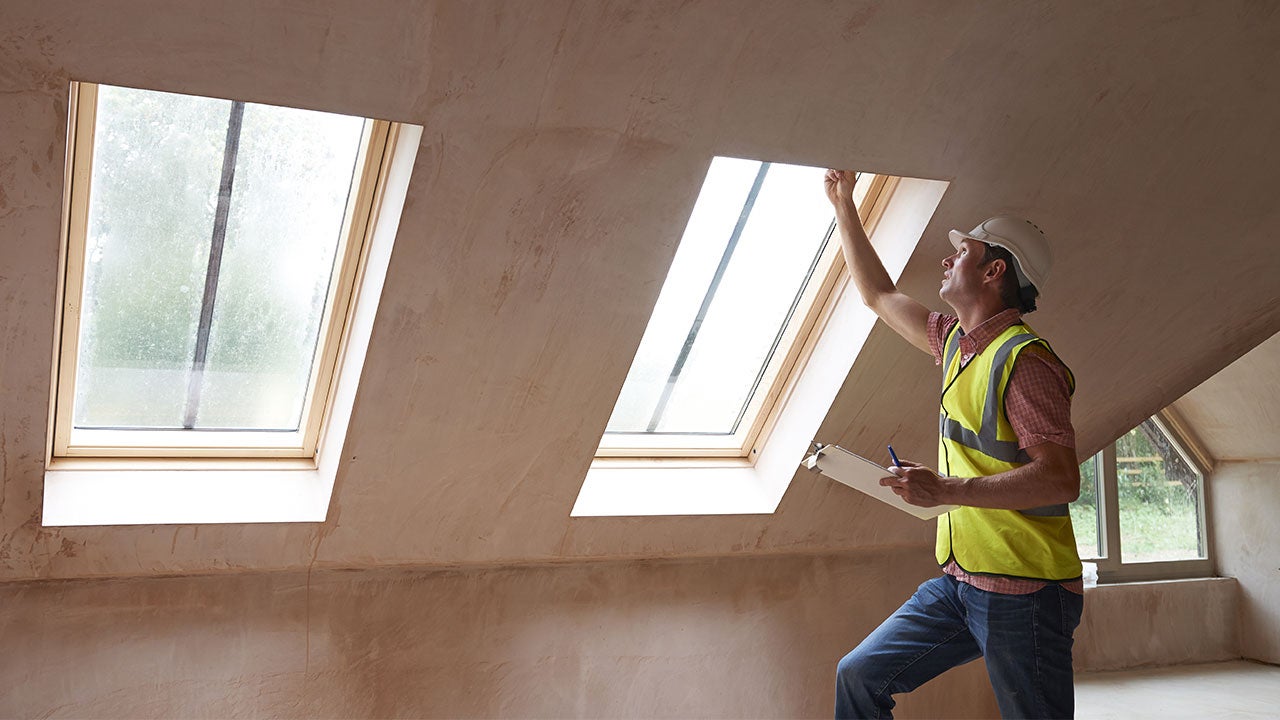
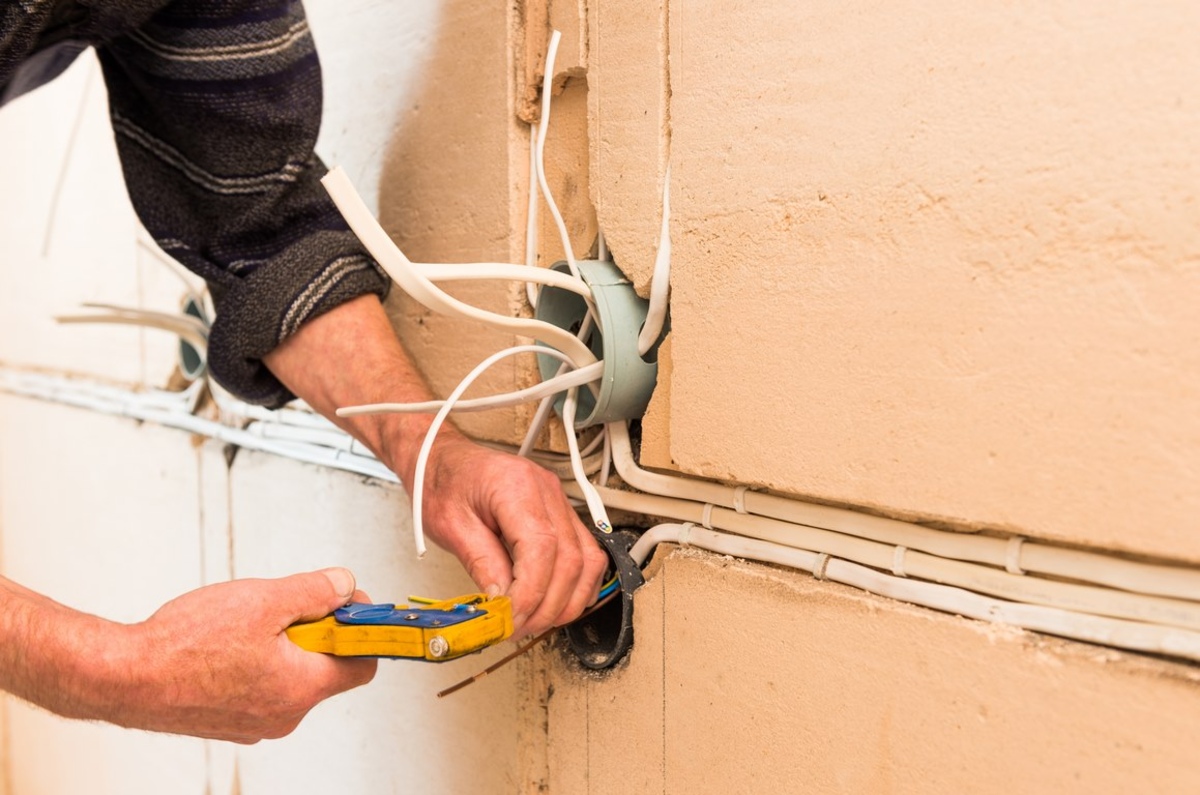
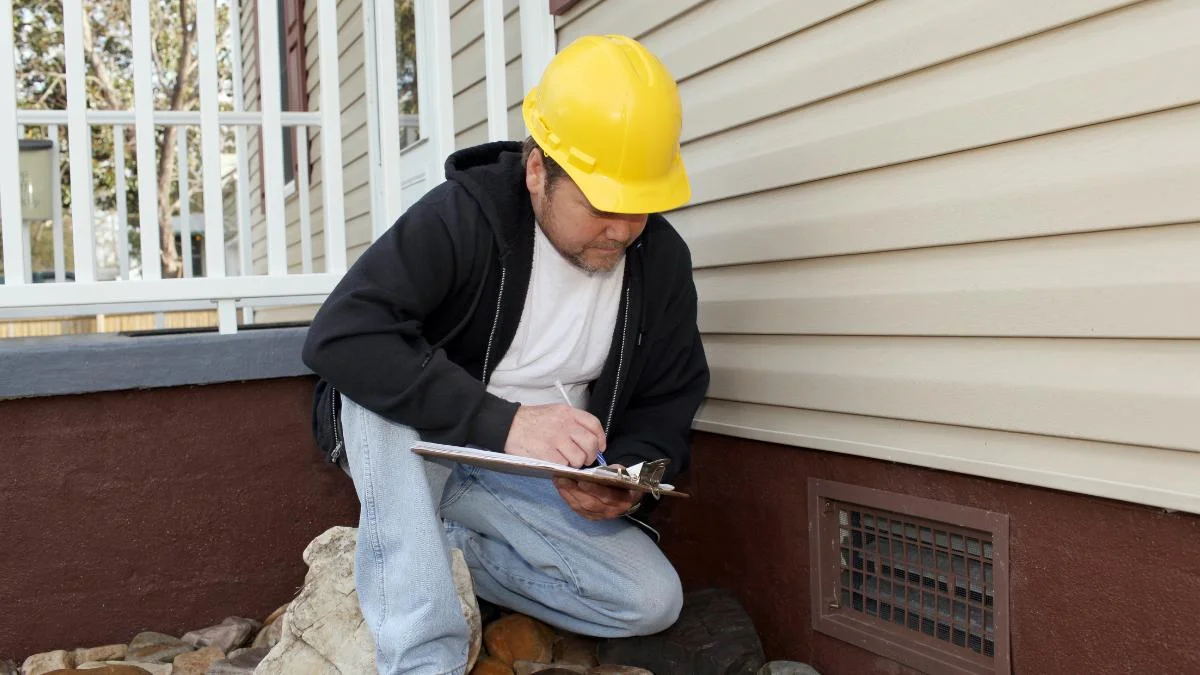
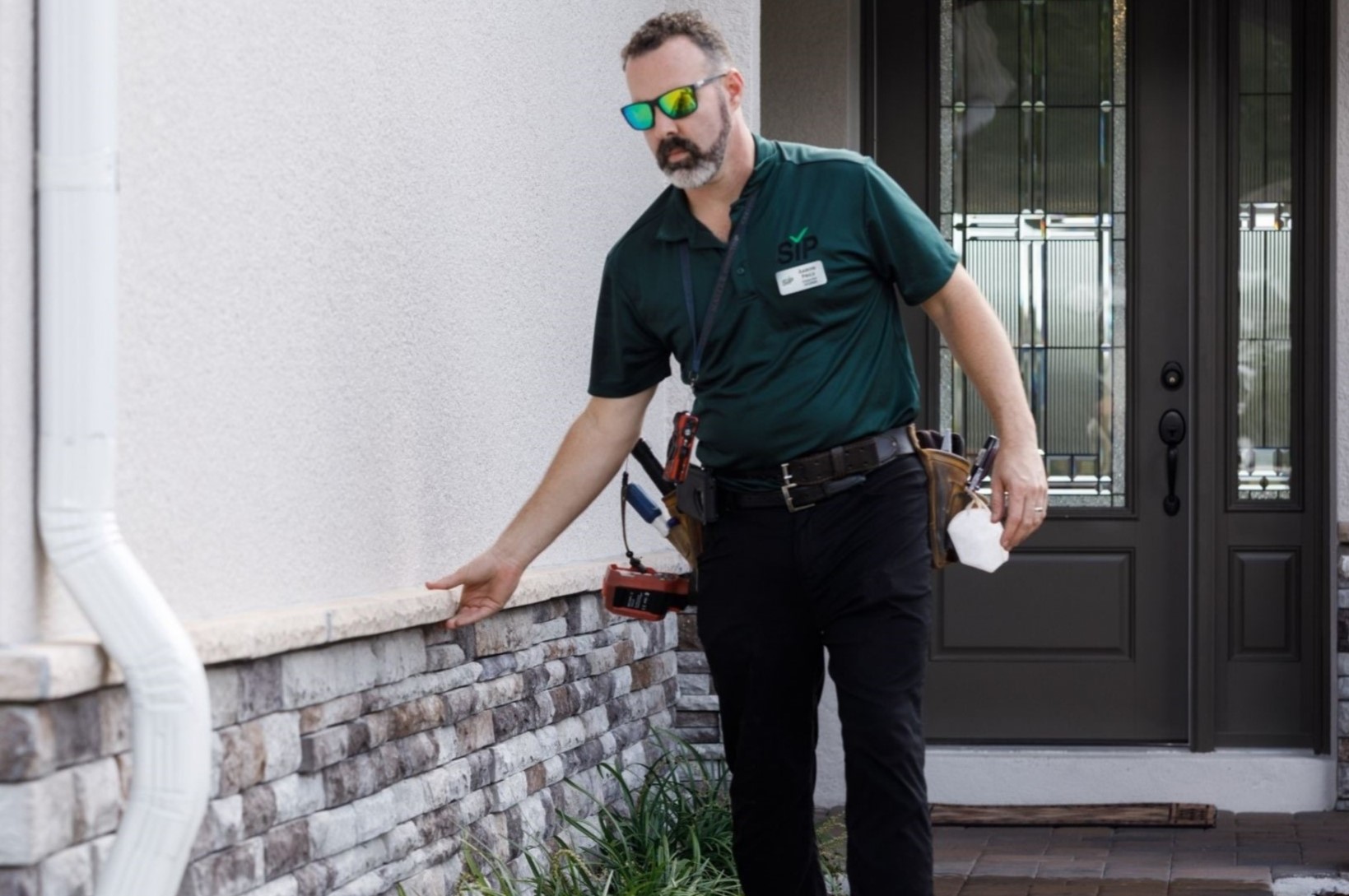
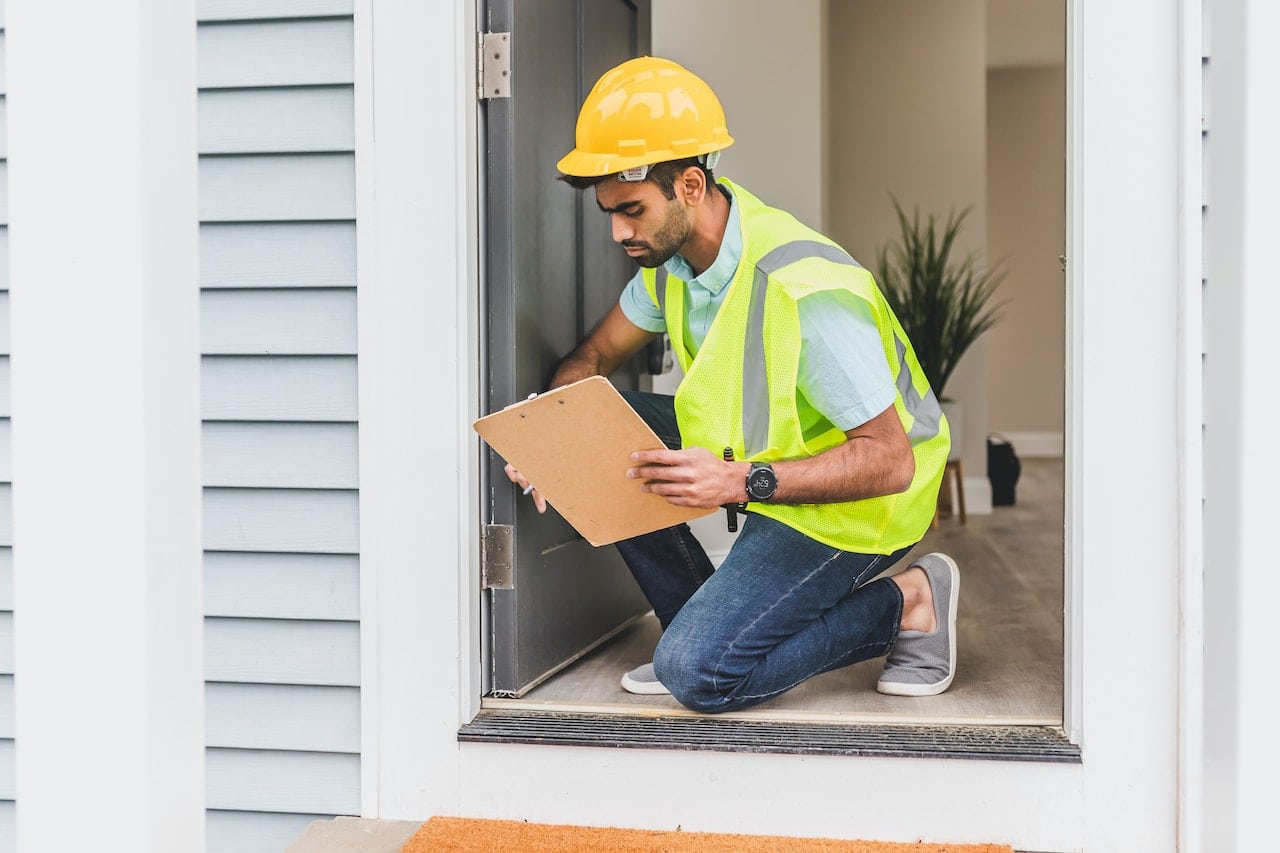

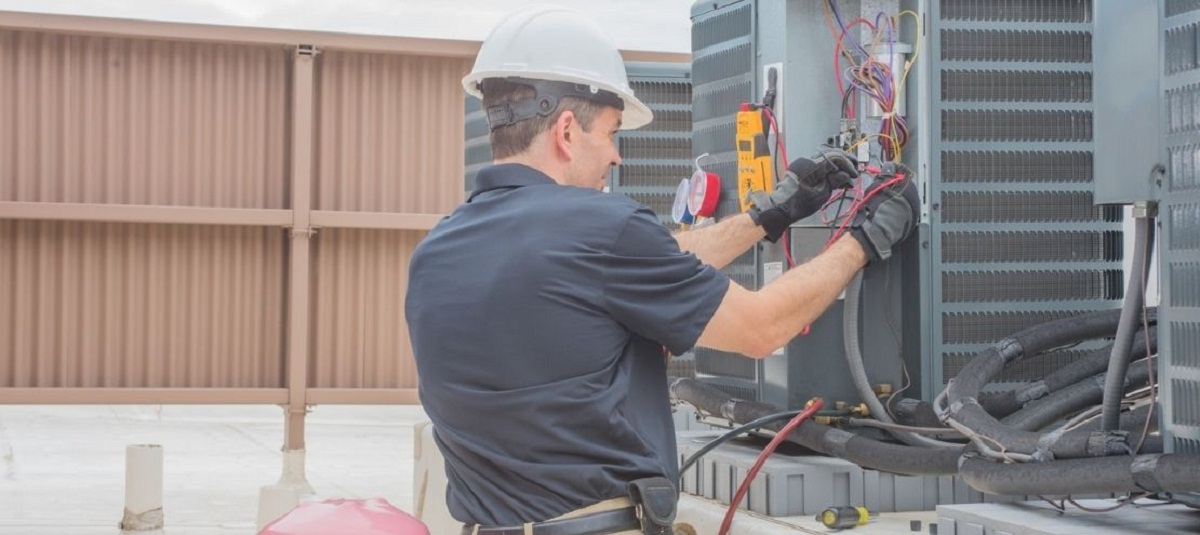
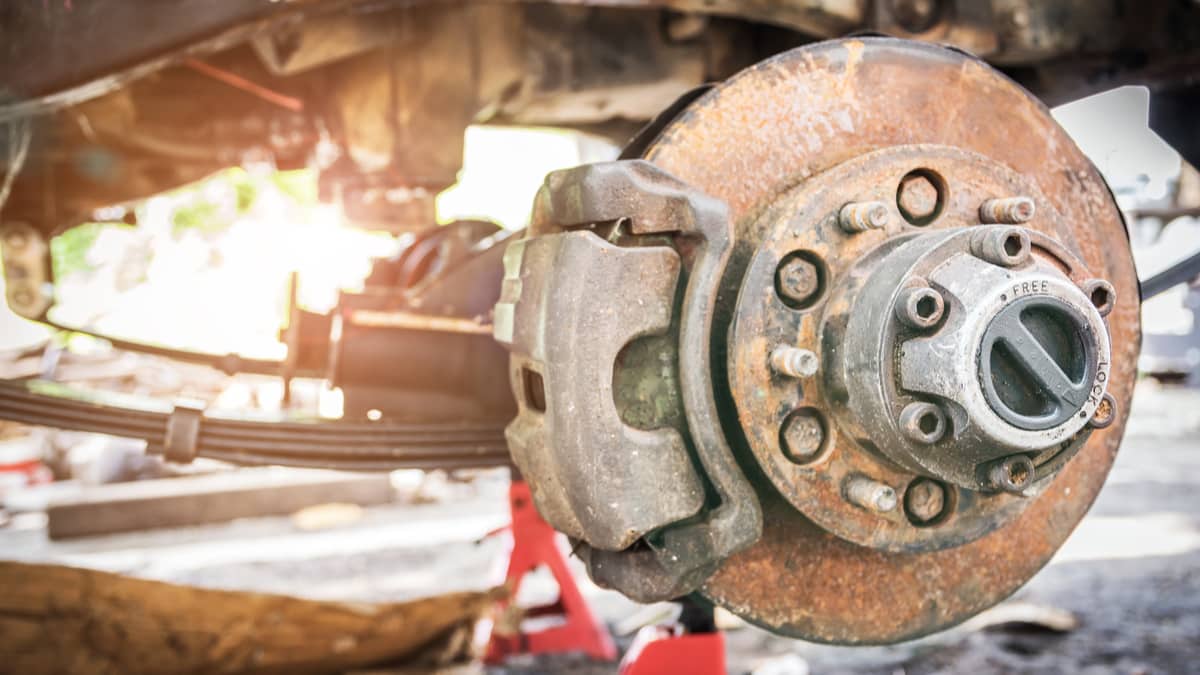
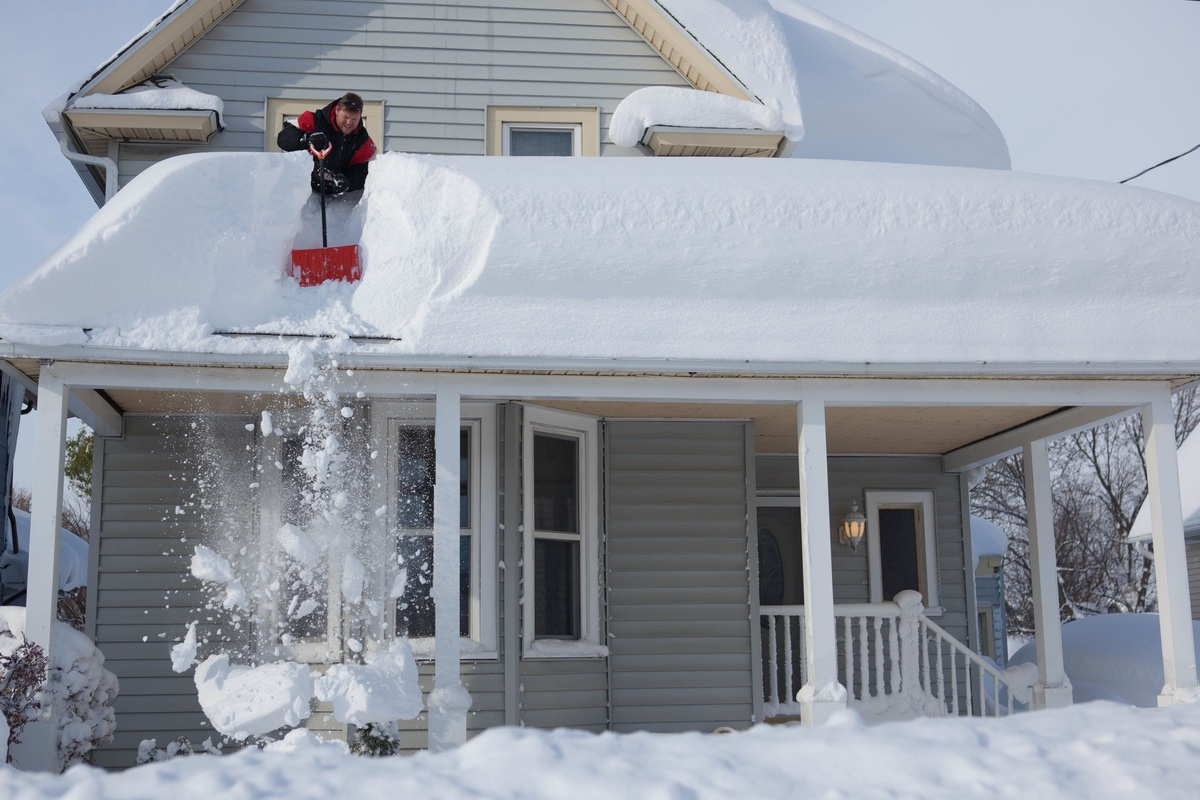


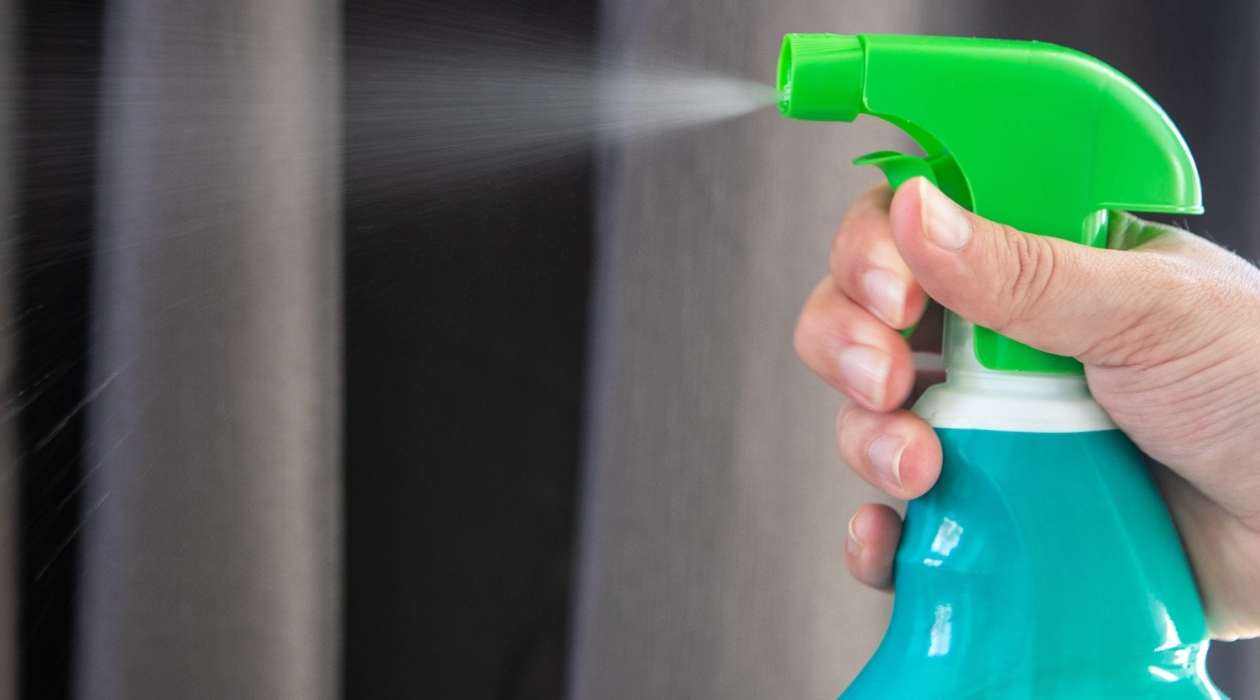



0 thoughts on “What To Do When Home Inspection Is Bad”